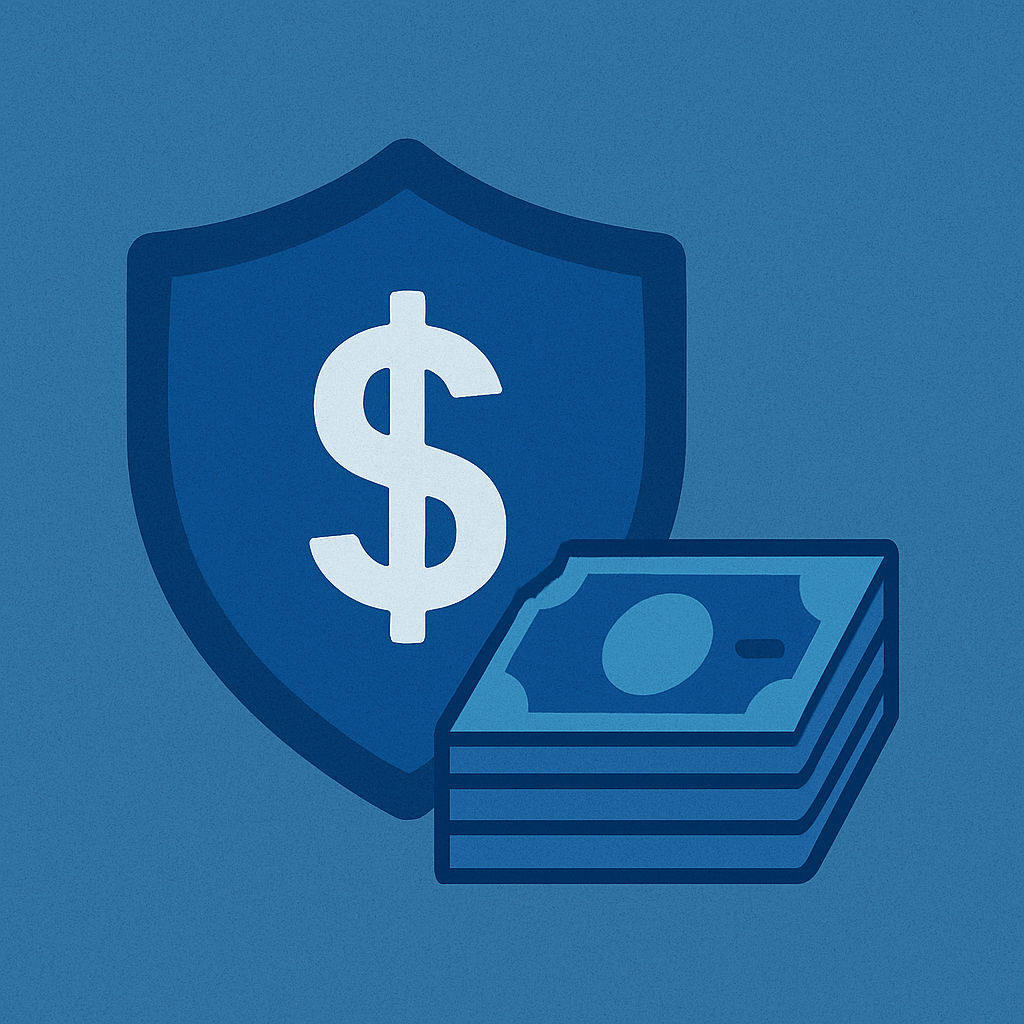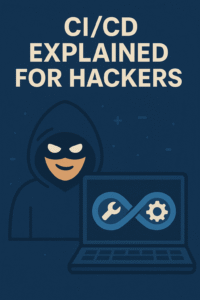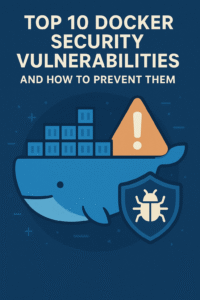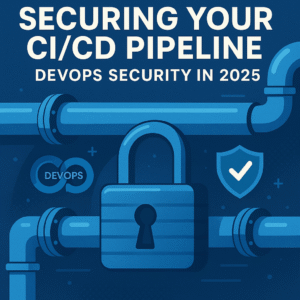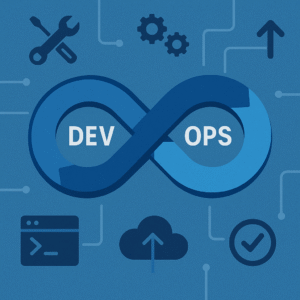Information Security Salaries in 2025: A Deep Dive
The Ultimate Guide to Cybersecurity Specialist Salaries Across Roles
- Introduction
- What Are Information Security Roles?
- Factors Influencing InfoSec Salaries
- Global InfoSec Salary Trends
- Salary Comparison by InfoSec Role
- Impact of Certifications on Salaries
- Cost of Hiring InfoSec Specialists
- Tools Driving InfoSec Salaries
- Use Cases & Scenarios for InfoSec Roles
- Pros & Cons: A Side-by-Side Comparison
- How to Maximize InfoSec Salaries
- Conclusion
Introduction to Information Security Salaries in 2025
In 2025, information security (InfoSec) professionals are indispensable, protecting organizations from cyber threats like ransomware, phishing, and data breaches. This 5000+ word guide provides a comprehensive analysis of information security salaries across roles such as security analysts, penetration testers, incident responders, cloud security engineers, and Chief Information Security Officers (CISOs). We’ll explore global trends, certifications, tools, and strategies to maximize earnings across various industries, including finance, healthcare, and government. Whether you’re entering the field or leading a security team, this guide offers actionable insights. Explore related topics in our Cybersecurity Trends Overview.
Why does this matter? Cyberattacks cost businesses $9.5 trillion globally in 2024, driving unprecedented demand for InfoSec expertise and pushing information security salaries to record highs. Understanding these trends helps professionals negotiate top pay and employers attract skilled talent.
InfoSec encompasses a wide range of specializations, each addressing unique cybersecurity challenges. This guide answers key questions: What drives information security salaries in 2025? Which certifications offer the best ROI? How do tools like Splunk impact pay? By the end, you’ll have a clear roadmap to navigate the InfoSec salary landscape.
With 80% of businesses migrating to cloud platforms by 2024, roles like cloud security engineer have surged in demand. This guide provides detailed benchmarks, industry-specific insights, and strategies to thrive in this high-paying field.
What Are Information Security Roles?
InfoSec roles safeguard systems, networks, and data from evolving threats. Key specializations include:
- Security Analyst: Monitors threats using SIEM tools like Splunk.
- Penetration Tester: Simulates attacks to identify vulnerabilities using tools like Nessus.
- Incident Responder: Mitigates and investigates breaches.
- Security Engineer: Designs secure systems, often in cloud environments.
- Cloud Security Engineer: Protects cloud infrastructures on platforms like AWS and Azure.
- Threat Intelligence Analyst: Analyzes threat data to predict attacks.
- CISO: Oversees enterprise-wide security strategies.
High demand for skills in cloud security, threat intelligence, and compliance drives salaries. Learn more in our InfoSec Roles Guide.
Each role requires specialized skills, from scripting for analysts to strategic leadership for CISOs. The rise of cloud adoption and regulations like GDPR and HIPAA has amplified demand, making InfoSec one of the highest-paying tech fields.
Factors Influencing InfoSec Salaries
Information security salaries in 2025 depend on several factors:
- Location: US salaries ($100,000–$350,000) outpace Europe (€70,000–€250,000) due to market maturity.
- Experience: Senior roles earn 50–70% more than entry-level positions.
- Specialization: Cloud security and penetration testing command 20–25% premiums.
- Industry: Finance, healthcare, and government offer higher pay due to regulatory needs.
- Company Size: Enterprises pay 25–30% more than startups for senior roles.
- Certifications: Credentials like CISSP significantly boost earnings.
For example, a cloud security engineer in a US financial firm may earn $180,000, while the same role in a European startup might command €100,000. Explore more in our Cybersecurity Career Guide.
Global InfoSec Salary Trends
Information security salaries in 2025 vary by region:
- United States: $90,000–$150,000 (security analyst), $200,000–$350,000 (CISO). Tech hubs like San Francisco lead.
- Europe: €60,000–€100,000 (security analyst), €150,000–€250,000 (CISO). The UK and Germany are top markets.
- Asia-Pacific: $50,000–$90,000 (security analyst), $120,000–$200,000 (CISO). Singapore and Australia are growth hubs.
- Latin America: $40,000–$80,000 (security analyst), $100,000–$180,000 (CISO). Remote work boosts pay.
- Africa: $30,000–$60,000 (security analyst), $80,000–$150,000 (CISO). Emerging markets are growing.
Remote work has increased salaries in lower-cost regions by 12–15%. For instance, a security analyst in India working for a US firm may earn $100,000, compared to $60,000 locally. See our Global Cybersecurity Salary Guide.
Salary Comparison by InfoSec Role
Salaries vary by specialization, reflecting responsibilities and demand:
- Security Analyst: $90,000–$130,000. Monitors threats using SIEM tools.
- Penetration Tester: $110,000–$160,000. Tests vulnerabilities with tools like Nessus.
- Incident Responder: $120,000–$170,000. Handles breach mitigation.
- Security Engineer: $130,000–$180,000. Designs secure systems.
- Cloud Security Engineer: $140,000–$200,000. Protects cloud infrastructures.
- Threat Intelligence Analyst: $120,000–$180,000. Analyzes threat data.
- CISO: $200,000–$350,000. Leads security strategy.
Cloud security engineers and CISOs are among the highest-paid due to the rise of cloud adoption and strategic importance. Learn more in our InfoSec Specializations Guide.
Impact of Certifications on Salaries
Certifications significantly boost information security salaries:
- CISSP: Adds $20,000–$30,000 annually. (CISSP Certification)
- CEH: Increases pay by 15–20%. (CEH Certification)
- OSCP: Boosts earnings in pen testing roles. (OSCP Certification)
- CompTIA Security+: Ideal for entry-level roles, adding $10,000–$15,000.
- AWS Certified Security – Specialty: Enhances pay in cloud security roles.
In 2024, CISSP holders earned 22% more on average. Certifications are critical for employability, with 65% of InfoSec job postings requiring at least one credential. Explore our InfoSec Certification Guide.
Cost of Hiring InfoSec Specialists
Hiring costs include:
- Security Analyst: $100,000–$150,000 annually, including benefits.
- Cloud Security Engineer: $150,000–$220,000, plus tools like Crowdstrike.
- CISO: $250,000–$400,000, including strategic responsibilities.
- Tools: Enterprises spend $20,000–$100,000 on SIEM, endpoint protection, and vulnerability scanning tools.
Startups may use open-source tools to reduce costs, while enterprises invest in premium platforms like Splunk and Palo Alto Networks.
Tools Driving InfoSec Salaries
Expertise in these tools commands higher pay:
- Splunk: Log analysis and threat detection. (Splunk)
- Nessus: Vulnerability scanning. (Nessus)
- Crowdstrike: Endpoint protection. (Crowdstrike)
- AWS Security Hub: Cloud security management. (AWS Security Hub)
- Wireshark: Network protocol analysis.
Professionals skilled in multiple tools, especially Splunk and Crowdstrike, earn 20–25% more. Learn more in our InfoSec Tools Guide.
Use Cases & Scenarios for InfoSec Roles
InfoSec needs vary by industry:
- Finance: Requires compliance with PCI-DSS and robust threat detection. (Finance Cybersecurity Guide)
- Healthcare: Prioritizes HIPAA compliance and data protection.
- Government: Demands high-security standards and insider threat prevention.
- Retail: Focuses on protecting customer data during transactions.
- Technology: Emphasizes cloud security and rapid threat response.
Each industry faces unique threats, from ransomware in healthcare to insider threats in government. Explore our InfoSec Use Case Guide.
Pros & Cons: A Side-by-Side Comparison
| Feature | Security Analyst | CISO |
|---|---|---|
| Salary | $90,000–$130,000 | $200,000–$350,000 |
| Responsibility | Monitoring threats | Strategic leadership |
| Skills Needed | SIEM, basic scripting | Risk management, policy |
| Stress Level | Moderate | High |
| Career Growth | High | Very High |
How to Maximize InfoSec Salaries
To boost information security salaries in 2025:
- Specialize: Focus on cloud security or penetration testing for 20% higher pay.
- Earn Certifications: CISSP, CEH, or OSCP enhance credibility.
- Master Tools: Expertise in Splunk or Crowdstrike boosts earnings.
- Network: Attend events like Black Hat to connect with industry leaders.
- Negotiate: Use market data to justify higher offers.
Contributing to open-source security projects on GitHub can also enhance visibility. Check our Cybersecurity Career Growth Guide.
Conclusion: The Future of InfoSec Salaries
Information security salaries in 2025 will soar due to rising cyber threats and cloud adoption. By mastering tools like Splunk, earning certifications like CISSP, and targeting high-paying industries like finance and healthcare, professionals can secure top-tier salaries. Employers must offer competitive packages to attract talent. Stay ahead with our Cybersecurity Trends Guide.
The future of InfoSec is dynamic, with emerging threats like AI-driven attacks increasing demand for specialized roles. Aligning skills with market needs ensures long-term success.

